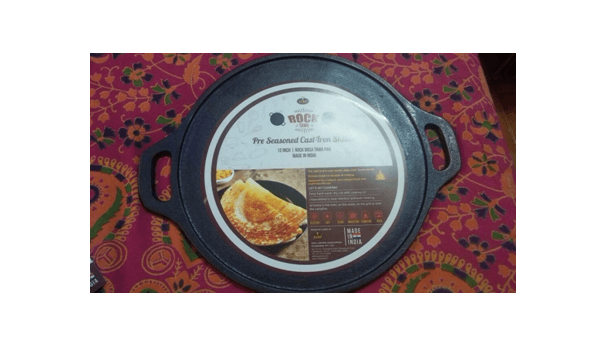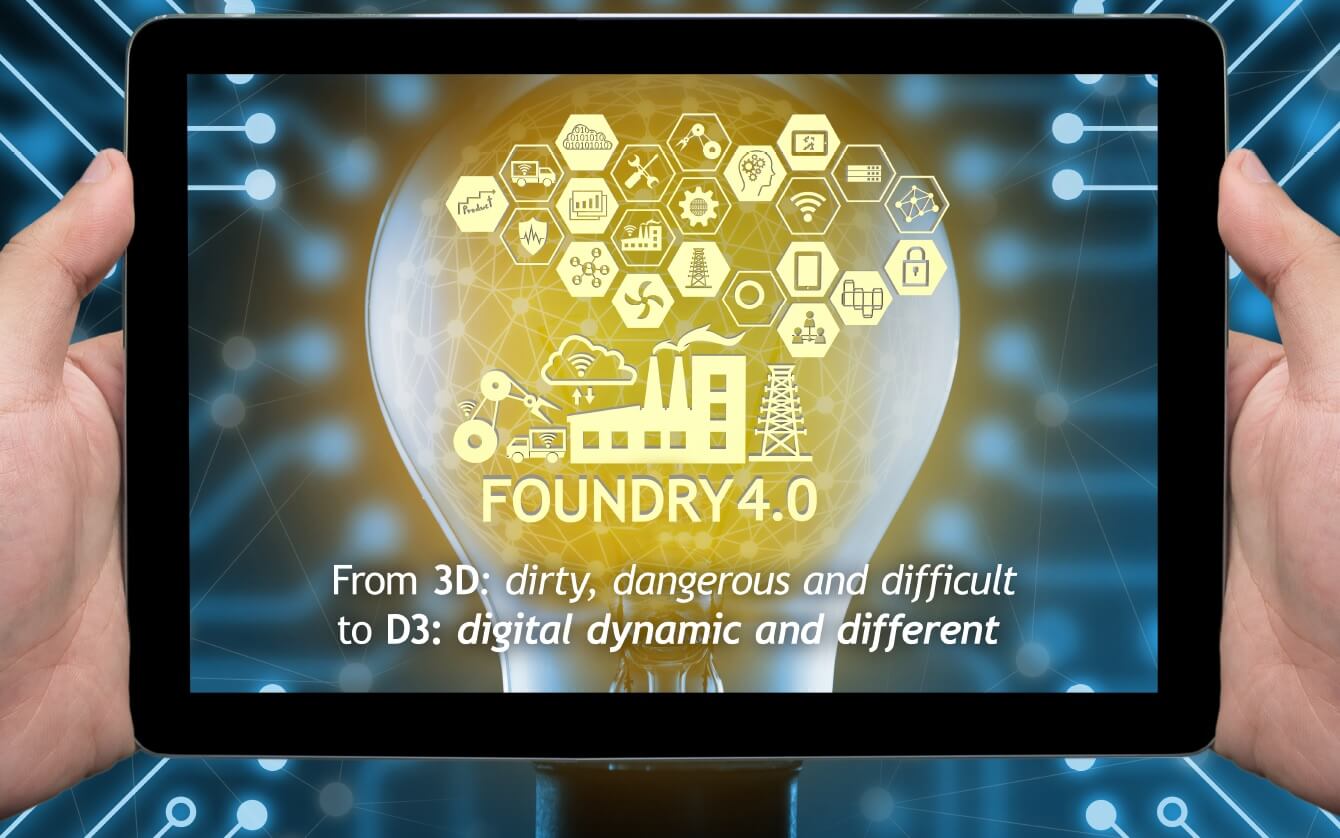The IIF (Indian Institute of Foundrymen) Southern Region Chapter in Coimbatore was organizing a prestigious event on the topic of “FOUNDRY 4.0”.
With the ever-increasing debate about “Industry 4.0” which represents the introduction of cyber-physical systems into the manufacturing world, there is a clear demand to expand this discussion and information sharing towards metal casting environments.
The theme of the conference was purposely chosen to be “Foundry 4.0 – Applications & Implications” as the challenges in making castings remain manifold. In order to meet emerging expectations in terms of TQCD (total quality control development), adopting next-generation technologies are a must. While core practices remain, appropriate technological interventions are required to make them robust, transparent and traceable.
The future of foundries will depend a lot on their ability to understand, appreciate and integrate with global developments in manufacturing. As the manufacturing industry as a whole is starting to accept the 4.0 concept slowly but steadily, the foundry industry will have no choice other than either accepts as well or find similar suitable concepts that provide.
The conference was started with an overview talk by R. Saravanan, Chairman IIF SR and chairman of the organizing committee on an introduction into Industry 4.0 and what it means for India foundries as a whole. This was followed by a talk of Mr. Ravi – MD of Danfoss in India who spoke on his lifelong experience in challenge changes in the industry. After that 4-technical session on various foundry, relevant areas like fettling-, molding- , core-shop – automation rounded the event up of which the author of this article found the speech by Mr. Manish Kothari, MD of Rhino-Machines most interesting.
Mr. Manish spoke at length about how he himself started in the foundry when it was indeed “dark, dangerous and no data”. To him “FOUNDRY 4.0” means to the make the operations “smart” in the sense that the relevant data a metal casting enterprise is producing continuously needs to be managed, understood and ultimately utilized for improvements of operations.
Key areas of a smart foundry are or can be described as follows:
- Process optimization under digital control and with clear automation goals in mind. This is most challenging as the process itself must be defined clearly as otherwise, you can’t make the foundry smart as such.
- Process integration using Data collection points.
- Machine and Energy learnings as well as monitoring leading to analytics, hence DATA collection and utilization.
- DATA analytics as such for improvement of operations.
- System automation with discrete and standard platforms for foundry related resource planning.
In today’s foundry world there is a lot of so-called “post-mortem” meaning the casting itself is a defect and experts try to analyze the why’s and how’s and try to find answers. When standard systems on single platforms are deployed the foundry has a completely different approach to understanding the why’s and how’s to an e.g. defect. As such without it, a foundry is neither smart nor in future in any way relevant and certainly no interesting workplace too.
Last but not least making a foundry smart means also making people smart operating the equipment. The investment into HR is paramount as well as the overall asset management. Today we talk a lot on cloud computing, this is no empty conversation and certainly an important aspect in the understanding on how a foundry can achieve “the 4.0” level, in terms of industrial revolution participation.
The machinery will use the PLC’s to contribute data to be collected, this data is put to the cloud where it is accessible and can be used for all sorts of activities, however, all solutions discussed during and after the Sourecon 2018 conference require ultimately common platforms for communication
_______________________________________



